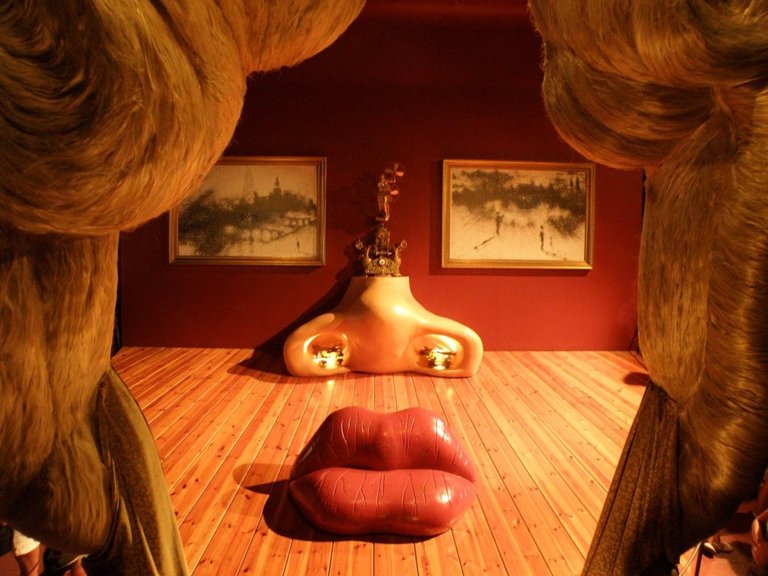
We were born, given names by our family, raised in a certain environment, befriending the neighbor's kid and went to the same school, nurtured with passionate patriotic love of our country, and all of these make up for who we are; our identity.
When people called us liar, we would stand up and fight against that accusation because deep down, we know we aren't one. When people said we've changed either for better or worse, we denied it because we know we haven't changed a bit. We are still that same person we were yesterday.
But, the main question is, do we? Is identity what our essence really is, or is it just an illusion?
What if our identity was just an illusion? A make-believe set of story we pick up from every little bit of our life?
In the metaphysics of identity, the ship of Theseus, or Theseus's paradox, is a thought experiment that raises the question the originality of whether a ship that has had all of its components replaced remains fundamentally the same object.
In this thought experiment, there are two scenarios:
First, suppose that the famous ship sailed by the hero Theseus in a great battle has been kept in a harbour as a museum piece. As the years go by, some of the wooden parts begin to rot and are replaced by new ones. After a century or so, all of the parts have been replaced. Is the "restored" ship still the same object as the original?
Second, suppose that each of the removed pieces were stored in a warehouse, and after the century, technology develops to restore their rotting and enable them to be reassembled back together to make a ship. Is this "reconstructed" ship the original ship? And if so, is the restored ship in the harbour still the original ship too?
This theory states that two ships, while identical in all other ways, are not identical if they exist at two different times. Each ship-at-time is a unique "event". So even without replacement of parts, the ships in the harbour are different at each time. This theory is extreme in its denial of the everyday concept of identity, which is relied on by most people in everyday use.
When one day people said they know who they really are. Does it true? Do they know their essence? More than their own existence?
When we said that one day we'll be 'this' and 'that', because we are so sure of who we really are. But in the end, we didn't become who we thought we'd be?
How's that for a sureness?

Hi! I am a robot. I just upvoted you! I found similar content that readers might be interested in:
https://en.wikipedia.org/wiki/Ship_of_Theseus